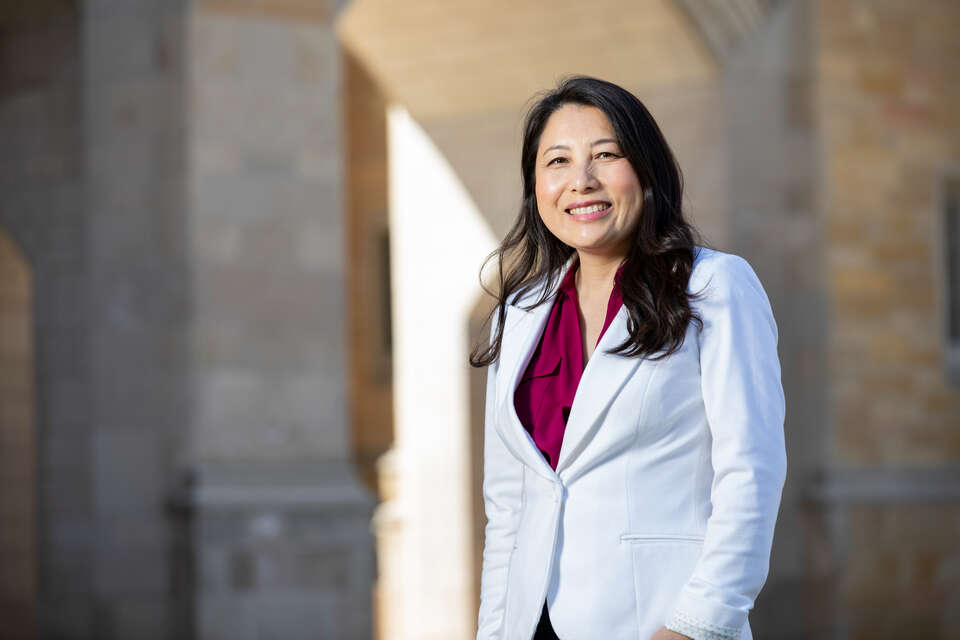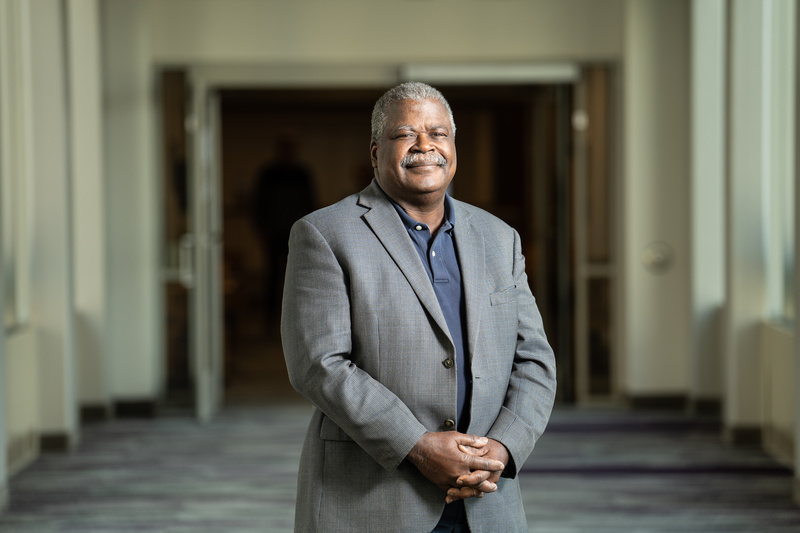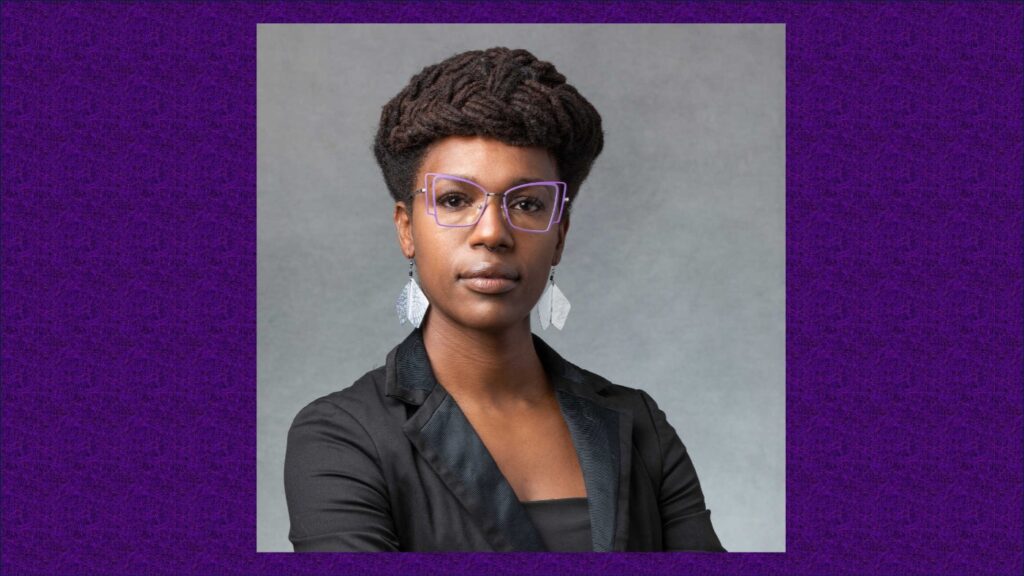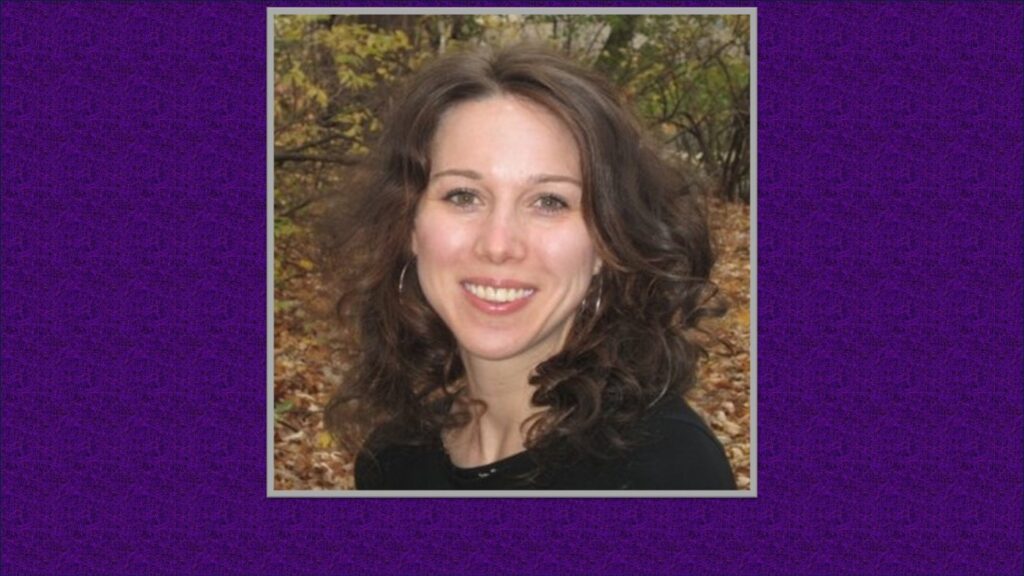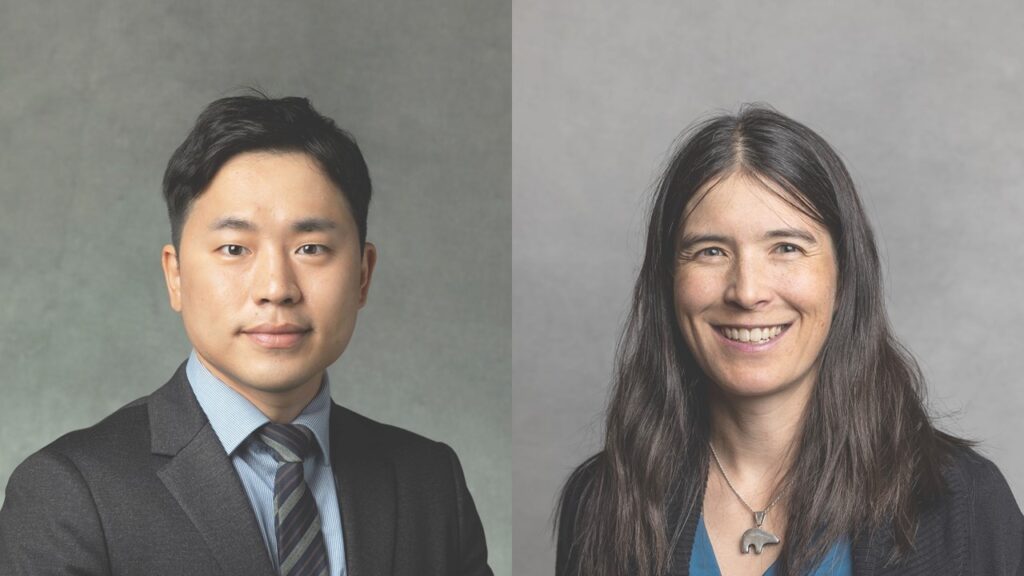Dr. Manjeet Rege, professor and chair of the Department of Software Engineering and Data Science at the University of St. Thomas, and a leading AI expert, delivered the opening keynote speech on Oct. 6 at the International Conference on Artificial Intelligence and Knowledge Processing, hosted at Woxsen University in Hyderabad, India, providing a comprehensive overview of the current state of AI, highlighting its diverse applications and the challenges that accompany its rapid advancement.
In his address Rege shared valuable insights into the latest breakthroughs, emphasizing the cutting-edge research and development taking place in the broader AI community. “AI is transforming various industries and addressing complex problems, illustrating the pivotal role it plays in reshaping the future of global innovation,” he said.
While AI is becoming increasingly integrated into various aspects of our lives, Rege was careful to highlight the crucial importance of AI ethics and responsible development. He emphasized the need to address ethical concerns and ensure that AI technologies are developed with a focus on transparency, fairness, and accountability.
During the conference, Rege participated in the panel “AI Policies for Higher Education,” reflecting that the importance of AI in education cannot be overstated. “As the world hurtles toward an AI-driven future, institutions of higher learning need to adapt to stay relevant and provide students with the knowledge and skills required in the job market. AI can enhance and personalize the learning experience, streamline administrative tasks, and even predict academic success. However, with these opportunities come significant challenges and ethical considerations,” he said.
Rege and his fellow experts from both industry and academia delved deep into the complexities bringing together a wealth of diverse perspectives. One of the key topics explored was the ethical use of AI in education. “AI has the power to tailor educational content to individual students, providing a more personalized and effective learning experience. Yet, this personalization also raises concerns about data privacy, bias in AI algorithms, and the potential for exacerbating educational inequalities. It is important to establish clear policies that ensure students’ data is protected, and that AI algorithms used in education are transparent and free from bias,” he said.
While the administrative aspects of higher education can benefit significantly from AI-driven solutions, Rege was careful to balance his optimism with notes of caution. He opined these technologies must be handled with care to avoid unintended consequences or undue concentration of power, calling for robust policies to guide the implementation of AI that serves the best interests of both students and institutions.
Two students of Rege also presented papers during the conference. Colton Johnson presented his paper “Performance of Sentiment Analysis APIs on Political Opinion Polling,” which delves deep into the world of sentiment analysis and its application in the realm of political opinion polling. Johnson is finishing up his master’s degree in data science and works at OATI as a project specialist. Shivali Dalmia presented her paper “Anomalous Sound Pattern Detection for Machine Health Monitoring,” which showcased innovative approaches to detecting anomalies through sound patterns, a crucial aspect of ensuring the health and reliability of machines in various industries. Dalmia completed her master’s degree in data science in 2022. She works as a senior data scientist at Graco.
New analytics lab named after Rege
In addition, an analytics lab named after Rege has been established by Woxsen University in Hyderabad, India, to honor his expertise in the field and his dedication to fostering excellence in data science education to empower students in the realms of advanced analytics and data-driven insights.
The Manjeet Rege Analytics Lab, a state-of-the-art lab, is poised to become a center for innovation and research and is expected to be a catalyst for future data scientists, providing them with an environment that nurtures creativity, exploration, and discovery. As the world increasingly relies on data for informed decision-making, this initiative by Woxsen University is a testament to the growing significance of data science and the individuals who drive its advancement.
Rege is chair and professor of Graduate Programs in Software and Data Science as well as director of the Center for Applied Artificial Intelligence at the University of St. Thomas. He is an author, mentor, thought leader and frequent public speaker on data science strategy, machine learning, and artificial intelligence technologies.
Graduate Programs in Software at the University of St. Thomas, founded in 1985, is one of the largest, most established, and ethnically diverse programs in the U.S., with more than 4,000 alumni from 39 states and 14 countries. They rank as the No. 5 Master’s in Data Science program in the U.S. by Fortune.
Related Content


